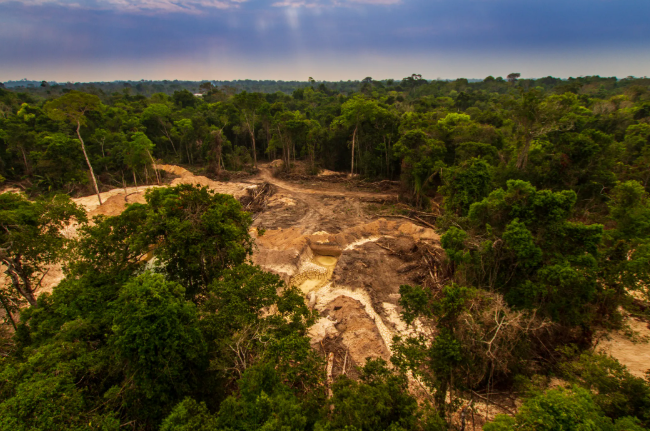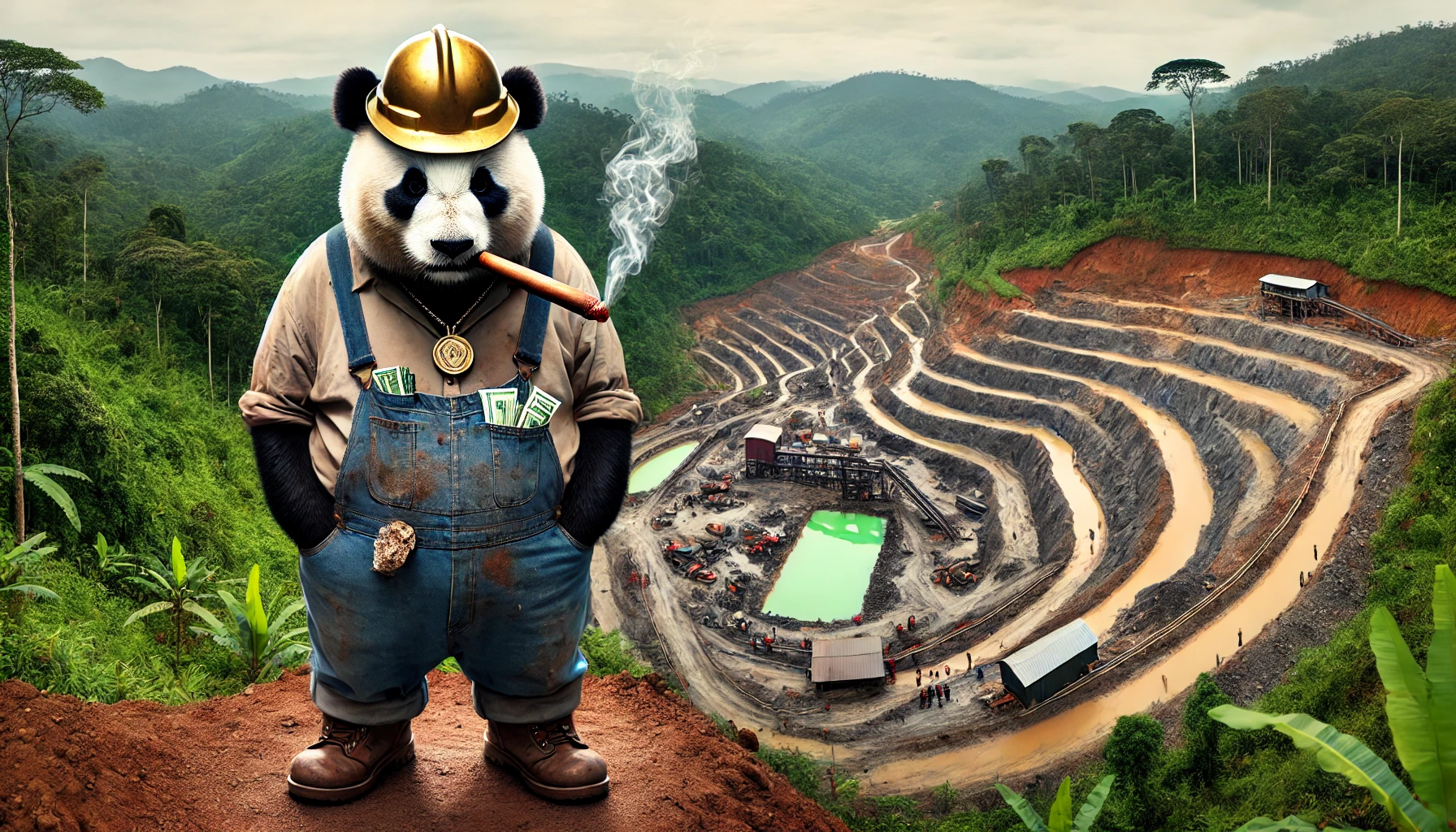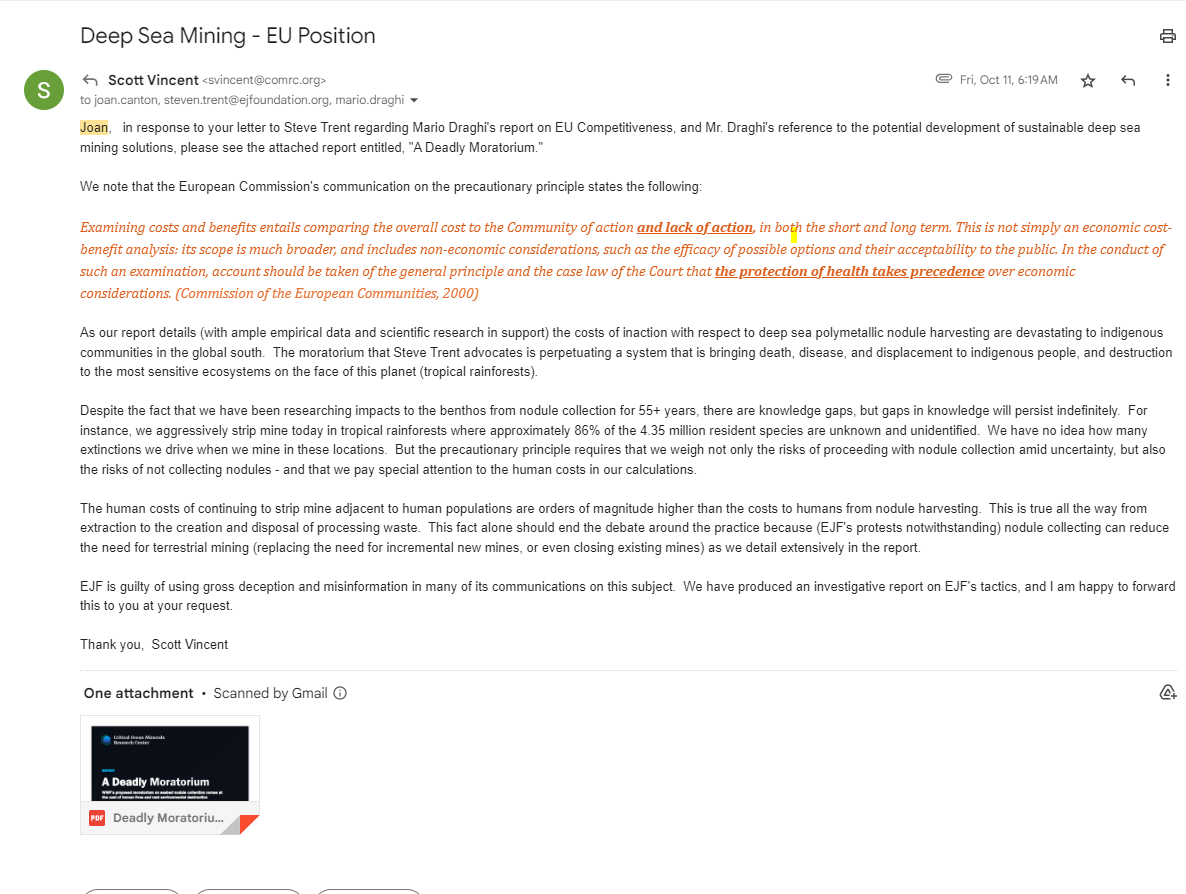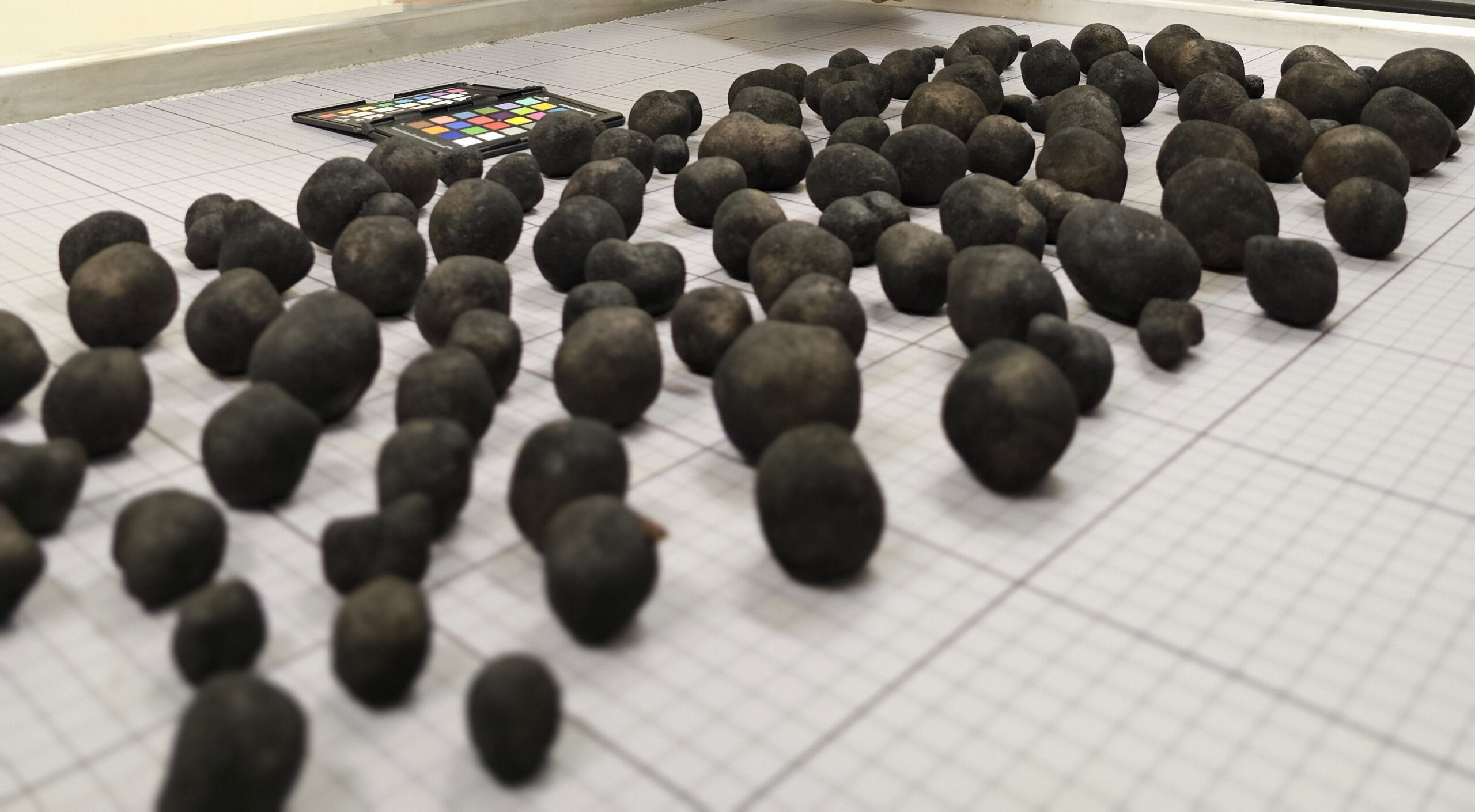Victor Vescovo Doesn’t Add Up
Victor Vescovo, a former private equity investor, has been unsuccessfully trolling the deep-sea extraction industry, and TMC in particular, for several years. He has taken his dog and pony show far and wide, desperately seeking an audience who will believe his stories and take his advice. Yet, Victor has a credibility problem. He has been … Read more






